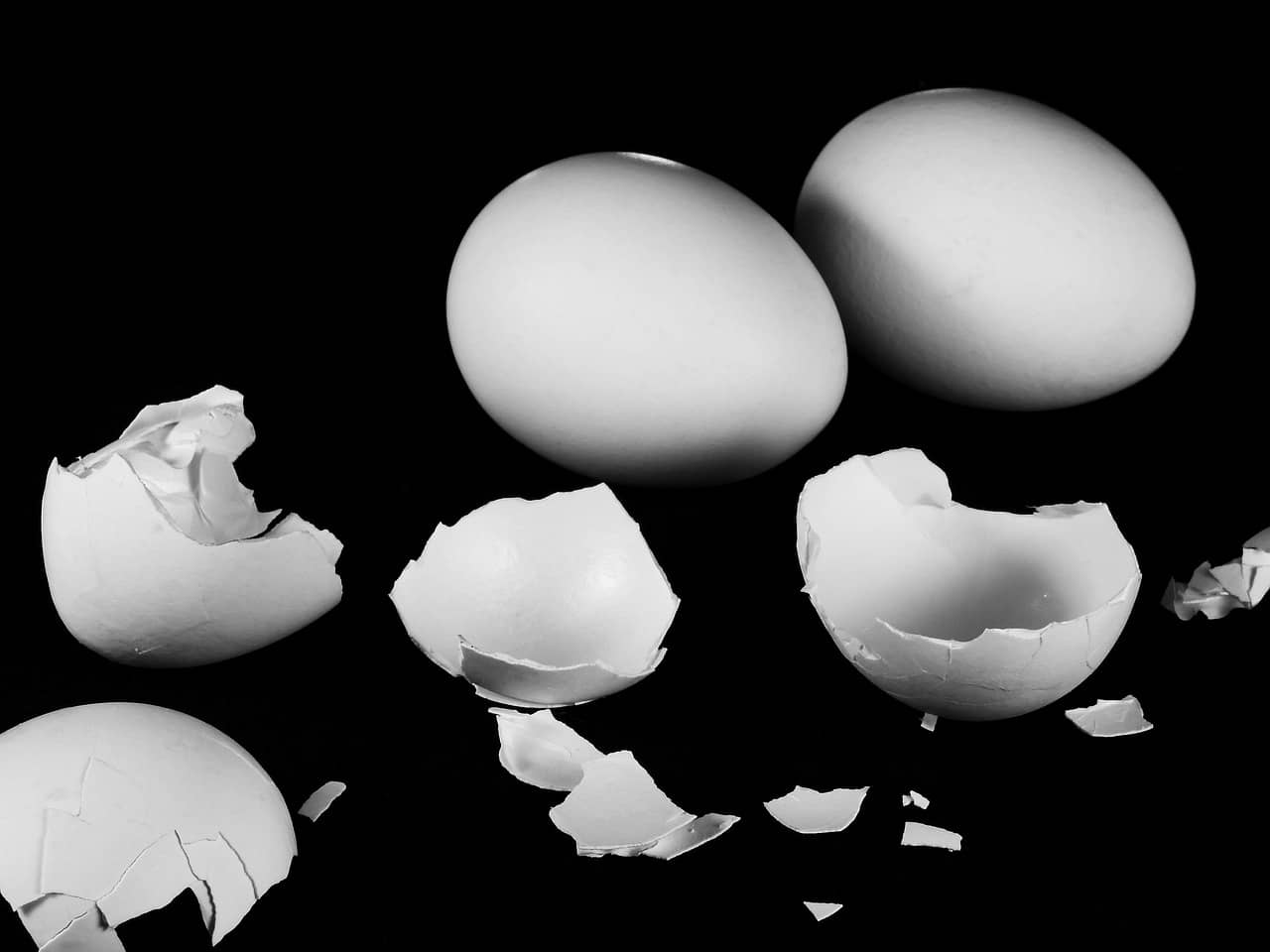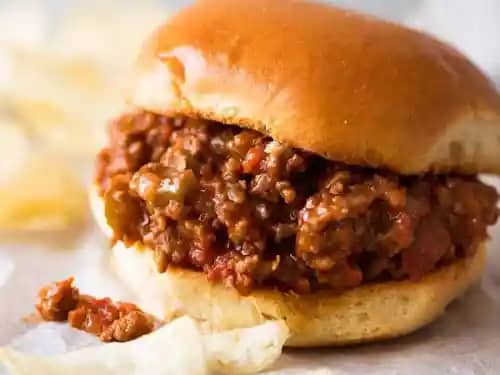Can Dogs Eat Egg Shells?
If you are about to feed table scraps to your dog only to remember that there are eggs shells in it, you pause and wonder, can dogs eat egg shells, are they safe, and do they have any nutritional benefit to your dog? Well, in this article, you will learn everything about feeding your dog eggs and their shell. Scroll down!
Can Dogs Eat Egg Shells?
In most situations, a dog can safely consume an eggshell. Don’t be alarmed when your dog manages to steal an egg from the counter or a cracked shell from the side.
The shell, however, would not break down in your dog’s digestive tract. Instead, you’d see fragments afterward because your pup’s body couldn’t entirely digest the hard shell.
It’s a good idea to keep an eye on them to ensure they’re not allergic or getting sick. Especially if the eggshells were unclean or included remnants of raw egg. However, in most circumstances, there will be no issues.
Are EggShells Safe?
Wild dogs used to eat whole, uncooked eggs straight from the nest without worrying about contamination or choking on shells.
But even though there isn’t much proof that eggshells could be a source of salmonella disease, some straightforward precautions are urged.
The eggshells can be safely prepared for consumption in a few simple steps to prevent infection or throat irritation from the jagged shell edges.
How Should You Feed Your Dog Eggshells?
Eggshells from boiled eggs are simpler to make. They become more fragile, which makes them simpler to powder.
The ideal method to feed eggshells to your dog is powdered because it is simple to incorporate into meals. Additionally, in this form, the eggshell minerals can be absorbed by your dog’s digestive system.
Eggshells can be cooked in two different ways. The first is to cook some eggs and keep the shells for later. The shells can be crushed with a rolling pin or ground in a food processor by placing them in a plastic storage bag.
Health Benefits of Eggshells
Bone development
Egg shells contain calcium and phosphorus minerals. These minerals are essential in the development of healthy and strong bones. Calcium is highly beneficial to senior dogs because it lowers the danger and alleviates the symptoms of bone diseases like osteoporosis and arthritis.
Muscles contraction
Calcium is important for the contraction of muscles, particularly the heart muscle. Calcium is also very beneficial to the heart and other cardiovascular muscles. In addition, it is known to reduce blood pressure by relaxing the smooth muscles around blood vessels.
Blood Clotting
Calcium plays a great role in the blood clotting process. Blood coagulation, often known as clotting, is essential for all living things. Without it, every wound or abrasion would bleed endlessly, leading to health problems. Additionally, it shortens the time needed for a dog’s injury to heal.
Safe Alternatives to Eggshells
Eggshells can give your dog extra calcium and important amino acids but giving your dog too much calcium has adverse effects on his health. Below is a list of alternatives for eggshells that are safe for your dog.
- Honey
Honey contains vitamins A, B, C, D, E, and K, as well as potassium, calcium, magnesium, copper, and antioxidants. In addition, dogs can benefit from small doses of honey because it helps them develop an immunity to allergens by introducing very little pollen into their systems.
2. Plain Unsweetened Yoghurt
If your dog is lactose tolerant, you can feed him plain unsweetened yogurt. It is a great source of calcium for dogs. Depending on size, your dog can get one or two spoonfuls of the necessary calcium.
3. Bones
Bones contain a lot of calcium. You can offer your dog raw bones as a treat. Dog bones can be safely included in your dog’s diet if you ground them into a powder and add it to their food to avoid choking.
4. Coconut
Coconut’s lauric acid, which has antiviral and antibacterial qualities, makes it safe for your dog to eat. It can aid with bad breath and treat skin conditions like hot spots, flea allergies, and itchy skin.
5. Tuna
Small portions of freshly cooked tuna can be fed to a dog. When ingested in moderation, it’s a fantastic source of omega-3 fatty acids, which promote the health of the heart and eyes.
6. Unsalted Peanut Butter
An excellent source of protein is unsalted peanut butter. It contains Niacin, heart-healthy fats, and vitamins B and E. By carefully reading the label, be sure the peanut butter does not contain xylitol(a sugar substitute harmful to dogs).
Can puppies eat eggshells?
Puppies can eat eggshells if they are in powder form. However, if given fully without crushing, it can lead to choking. Additionally, it will not provide nutrients because the puppy’s digestive system will be unable to break them down.
How Often Can Dogs Eat Eggs?
There isn’t a specific routine for giving eggs to dogs. However, if you’re wondering how many eggs dogs can eat a week, it’s generally advised to limit treats, snacks, and scraps to at most 10% of a dog’s diet.
Eggs are high in cholesterol and fat. Consider this before giving them to your dog because not all dogs will react the same way to eggs. Dogs are individuals, just like people. Consider their unique nutritional needs before introducing new foods to their meals.
If your dog has any dietary issues, speak to your veterinarian. Alternatively, specialized veterinary nutritionists can collaborate with you and your dog to develop food recommendations specific to your dog’s requirements.
Conclusion
Eggshells are safe and can be consumed by dogs in powder form. However, feeding your dog full of eggshells can lead to choking. Powdered eggshells enhance maximum absorption in the digestive tract.
Eggshells provide your dog with minerals that help in the proper functioning of the body. However, some other safe alternatives can be fed to your dog to supplement your dog with nutrients.

Hey, I’m Caroline, and I’m all about bulldog love, travel, and lending a helping hand to shelter pals. Writing about dogs for five years has let me share the magic of their stories and the world of pet care. My heart? It belongs to Bella, my amazing bulldog sidekick. Together, we’re off on adventures, spreading kindness, and making shelter life brighter. Join us in celebrating the joy of dogs and making a difference!






